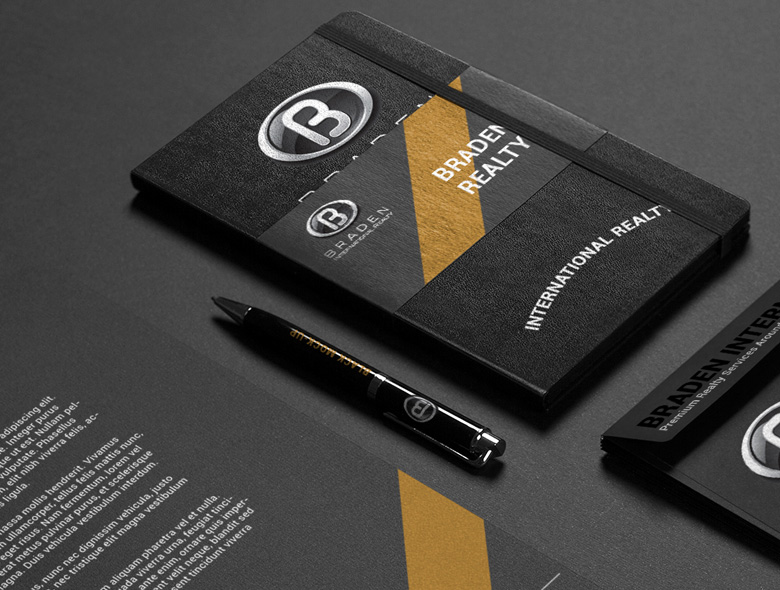 Track2Realty Survey: What has been a surprise finding of the survey is the fact that radio, a medium of the past that has reinvented itself in recent years, is a very powerful tool to capture the home buyers’ attention. 62 per cent of the home buyers’ even recall the radio jingle of the projects and that is too high a dividend for the top-of-the-mind recall value of the brand. However, the rate of this interest translating into buying decision depends on a number of other factors.
Track2Realty Survey: What has been a surprise finding of the survey is the fact that radio, a medium of the past that has reinvented itself in recent years, is a very powerful tool to capture the home buyers’ attention. 62 per cent of the home buyers’ even recall the radio jingle of the projects and that is too high a dividend for the top-of-the-mind recall value of the brand. However, the rate of this interest translating into buying decision depends on a number of other factors.
Newspaper advertisements come next as the medium of home buyers’ contact point. Nearly six out of ten, 58 per cent to be precise, keep an eye on the newspaper advertisements for the new home launches though less than half of the home buyers’ purchasing decision, only 48 per cent, has been influenced by the newspaper advertisements, in the sense that they first got to know the new launch through this medium.
Billboards, a preferred medium for the developers, have been able to inform only the one third, 32 per cent, prospective home buyers as first point of information. What actually is a surprise finding of the pan-India survey is the fact that television commercials have even less takers with the medium being the first point of information only to the 18 per cent home buyers.
A majority of the respondents in the survey are otherwise very brand conscious and their purchasing decision are by and large guided by the brand perception of the product, right from watches to clothes and FMCG products. More than six out of ten, 66 per cent, of the respondents say brand matters not only in the consumer goods that they consume within the homes, but what matters more is the show piece stuff like dress and watches that they flaunt in the peer group.
But it is surprising that when it comes to the biggest purchase of their lifetime, it is not brand that matters as much as with other products that they buy repeatedly, unlike a home which most of the Indians buy only once in the lifetime. It is probably a wakeup call for the Indian real estate which has gone overdrive on advertising, but the impact suggests it is by and large directionless.
One significant finding of the study is that developers’ over reliance on project branding over company branding has actually backfired. Other than the fact that it has been a deterrent in terms of getting investors’ confidence for low or moderate brand recall value, the companies have not gained any significant mileage of the ad spend beyond selling the project.
While seven out of ten can who can recall a company’s project in the given city that they wish to buy, not even four out of ten, 38 per cent are just influenced by the project ads to inquire. This in itself suggests that while the objective of sales is hardly met, brand of the company also suffers in the process.
The brand consciousness is highest in North India, where nearly eight out of ten, 78 per cent, prefer their home to be bought from a reputed developer, followed by Western India where more than six out of ten, 64 per cent home buyers are conscious of the brand and reputation of the developer.
In South India, which is most price sensitive market this brand loyalty is relatively low at 56 per cent. However, when it comes to Eastern India it seems no one is bothered about the brand of the developer and not even one-third of the home buyers, only 28 per cent, understand and value the brand of the house that they have to live in.
However, in terms of the top-of-the-mind-recall value there is a very thin marginal difference among the many real estate brands and the size of the company does not add to its brand competitiveness. As a matter of fact, barely one third of the respondents, 34 per cent, could instantly recall top five realty companies outside their region.
In terms of the ad campaign, not even those many, only 22 per cent could recall a few advertisements of the developers. DLF-IPL has been the only real estate sponsored event that nearly half of the respondents, 46 per cent could recall. One third of the respondents, 30 per cent could recall Jaypee Group’s Formula 1.
Across the country the home buyers are more concerned about the lack of research in real estate, something that has been a problem area for the developers all through. Nearly eight out of ten, 76 per cent don’t find the property listing sites reliable as they find it manipulative with price of the same project quoted different on different sites. Nearly two third, 62 per cent expect the property listing sites to be a two-way communication.
The moot point remains as to what precisely can improve the brand image of Indian real estate. 90 per cent of the respondents demand timely delivery of the project by the developer, wish list of 88 per cent is that promises made by the company are fulfilled, whereas 82 per cent want a listing mechanism where they can monitor project execution at every stage virtually.





